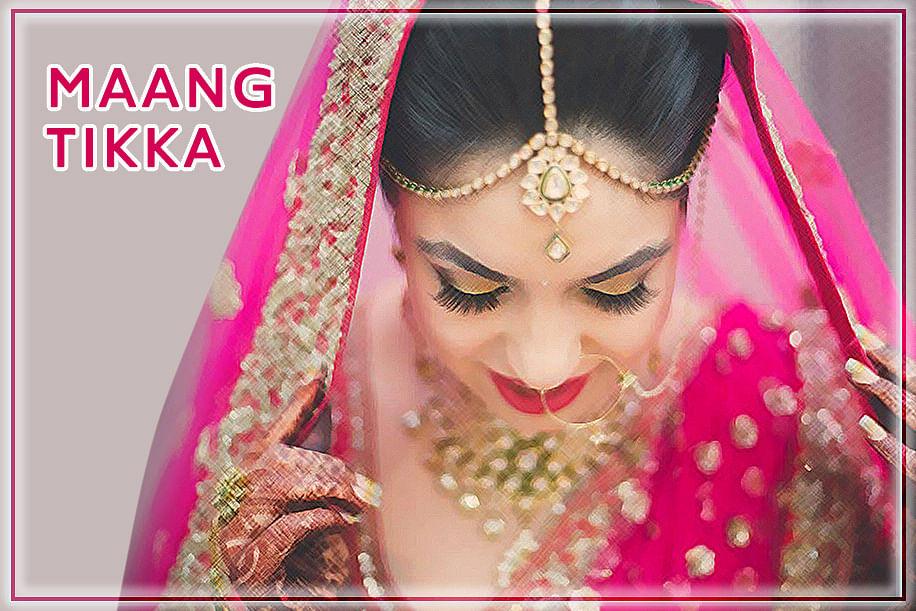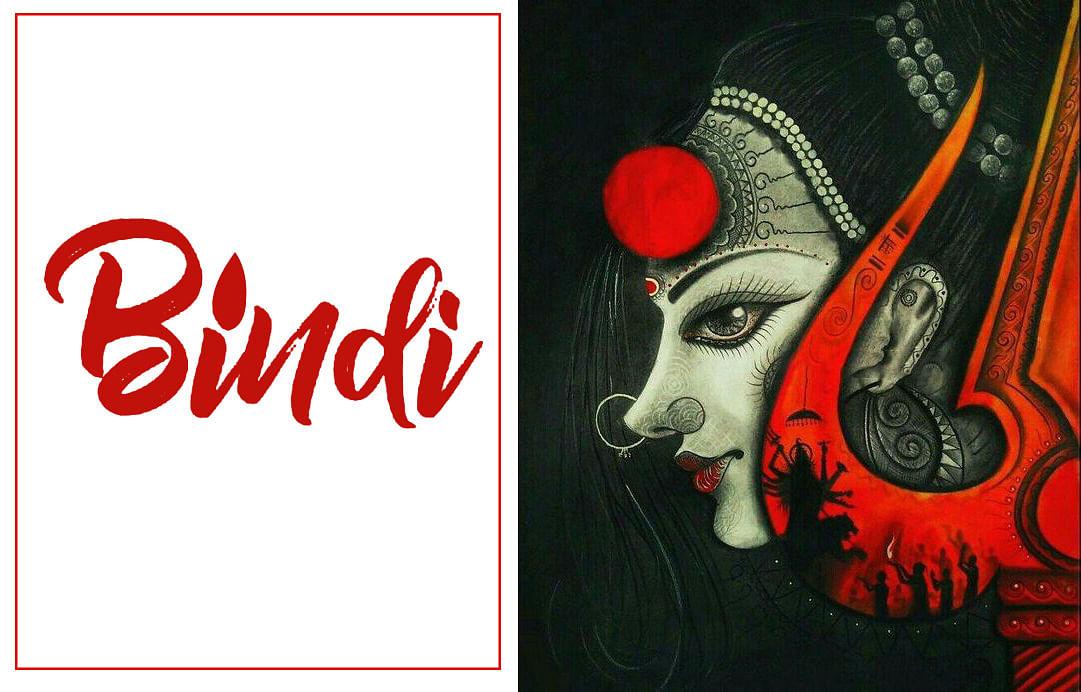Naamkaran is the traditional Hindu naming ceremony for the new born baby. Taken from the Sanskrit word broken down into ‘naam’ meaning name and ‘karan’ meaning to create, this ceremony is one of the most significant of the Hindu ceremonies.
Some of the Hindu traditions follow the name ‘Palanarohan’ for naamkaran ceremony. Palanarohan again a Sanskrit word can be further split into ‘palana’ meaning cradle and ‘arohan’ which means ‘on board’. So basically, it means putting a child into the cradle.
The naming of the new born is celebrated with all the proper rituals and customs. Not only does the ceremony have a religious significance, it also holds a great amount of social value.
When Is The Ceremony Held?
Sticking to traditions, this ceremony should be held 11 days post the birth of the child. The first 10 days post the birth of the baby are very vulnerable as both the child and the mother are prone to infections. Hence the baby and the child are kept in isolation from the rest of the house lest they fall susceptible to infections. During these days both the child and the mother are given intensive post-natal care.
However, with modernisation make its way in everywhere, the traditions too have become flexible. So, these days naamkaran sanskaar can be performed any time after the 11th day until the first birth anniversary of the baby.
The naming ceremony is performed by a priest and the name can be assigned as per astrology.
Naamakaran gives a new identity to the baby and is also a means to pray for a good, prosperous, happy and a health long life for the baby.
Performing the Ceremony
The naamkaran can be performed either at home or in the temple- the latter keeping in mind the health of the mother. Many people prefer keeping the ceremony private with only close family members in attendance while many like to go the grand, pompous way and host the ceremony at a banquet or so.
For performing the naamkaran vidhi, an auspicious day is first decided upon by the pandit. He looks up the best time or the shubh mahurat to perform the puja. The naamkaran vidhi involves chanting of mantras and performing a hawan. It is during the naamkaran ceremony that the horoscope of the baby is made.

While announcing the name of the baby, a thali is taken and rice grains are spread on it. Then, using a stick, the father of the child inscribes the name decided for the child on it. After this, the chosen name is whispered in the baby’s ear four times by the father. In many customs, this ritual is performed by the bua (aunt of the baby).
In many customs, the ceremony is performed in the presence of five married women. They place the baby in the cradle and rock it taking turns and bless the child. All the family members present chant God’s name along with the priest.
Deciding on the Baby’s Name
The name of the baby is decided very carefully keeping in mind all the astrological factors and the planetary positions. It is believed that if these things are overlooked, any slight fault in the stars at the time of announcing the baby’s name can bring it bad luck for lifelong. The naamkaran is done in sync with the date and time of the birth of the baby and its sun sign. The initial letter of the name is zeroed upon basis the rashi of the child and then a name is picked beginning with that initial letter.
The initial letter of the name is decided based upon the janam nakshatra of the child which is the star under which the child is born along with the placement of moon and the planets at the time of the birth.
Broadly, according to our Vedic astrology, these basic principles should be kept in mind whle naming the baby
- Nakshatranam (by lunar asterism)
- Devatanama (after the family deity)
- Masanam (the birth month)
- Samsarikanama (the worldly name)
- Rashinama (zodiac sign)
You can also take numerology into factor while naming the bay. Usually, the name finalised during the naamkaran ceremony is the official name of the baby. Family members can then coin a nick name for the child which doesn’t need to be astrologically decided.

The ceremony is usually then followed by a feast for the family members and all the attendees bring presents for the child.
The presents can be anything from baby products, kids wear to gold ornaments. These days, people prefer gifting toys, baby books and gift coupons too.






















